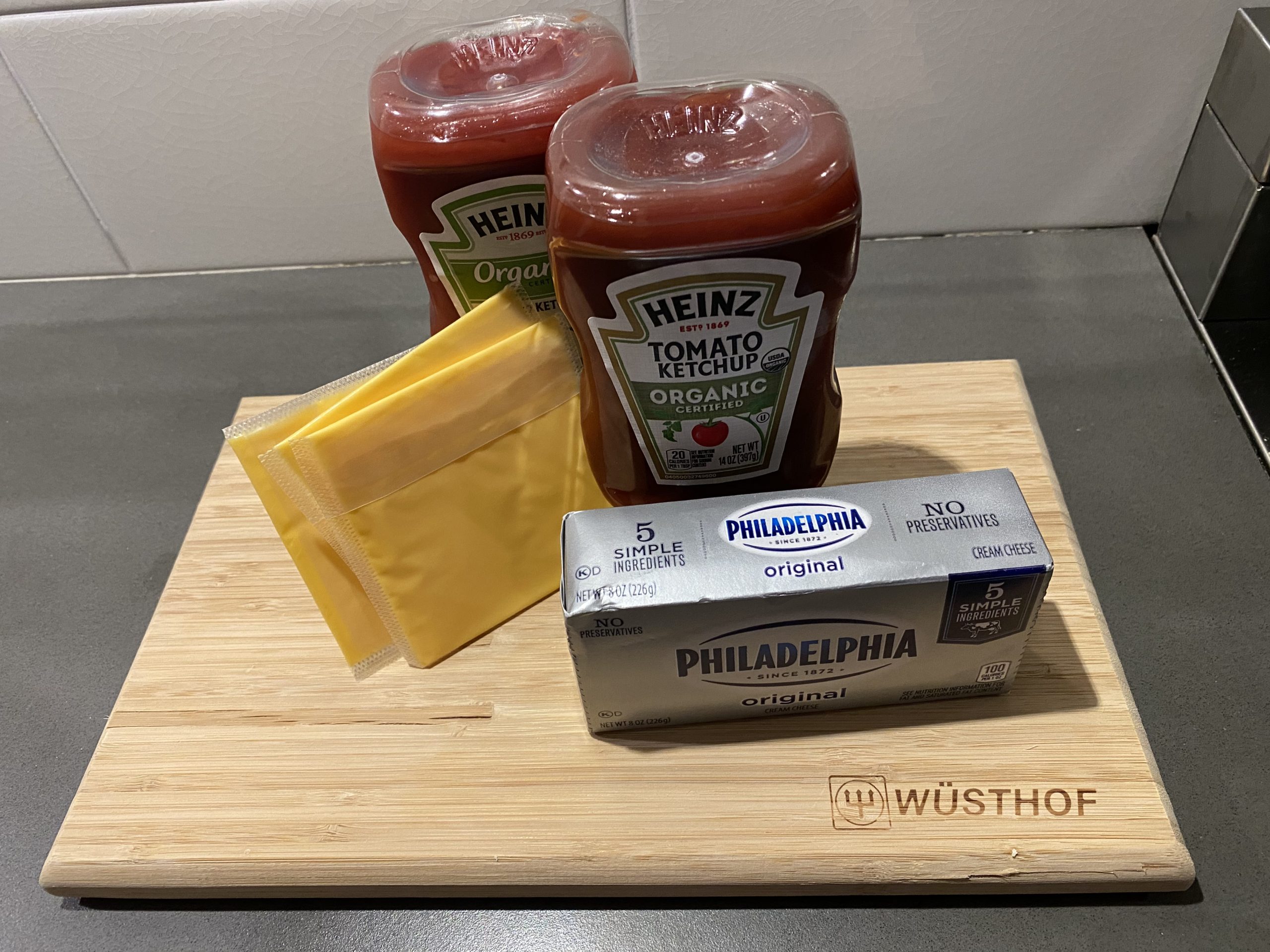
I wrote this story about Merger Mania for the June 2015 issue of Esquire. I remember being really struck by the idea that Kraft and Heinz, two iconic American food giants, were merging out of weakness rather than strength. I wrote, “The transaction combines a bunch of big-name food brands, but there is nothing particularly compelling about the combination.” And … after hitting a post merger high of $90, the stock has fallen ever since. It’s under $29 as I write this today.
Nothing wrong with either company — I took this photo this morning from stuff I have around my house. Their products remain alarmingly delicious. But when an industry is moving against you, no amount of scale or brand power can reverse the tide.
That illustrates one of my core beliefs and I touched on it constantly throughout my Esquire column. Market dominance doesn’t mean much when your industry goes out of favor. People had a hard time envisioning Intel, HP, Kraft, Exxon becoming casualties because of the stranglehold they had on their categories. But when the whole category falls out of favor, the overvaluation of the category leader only leaves that leader with a steeper fall.